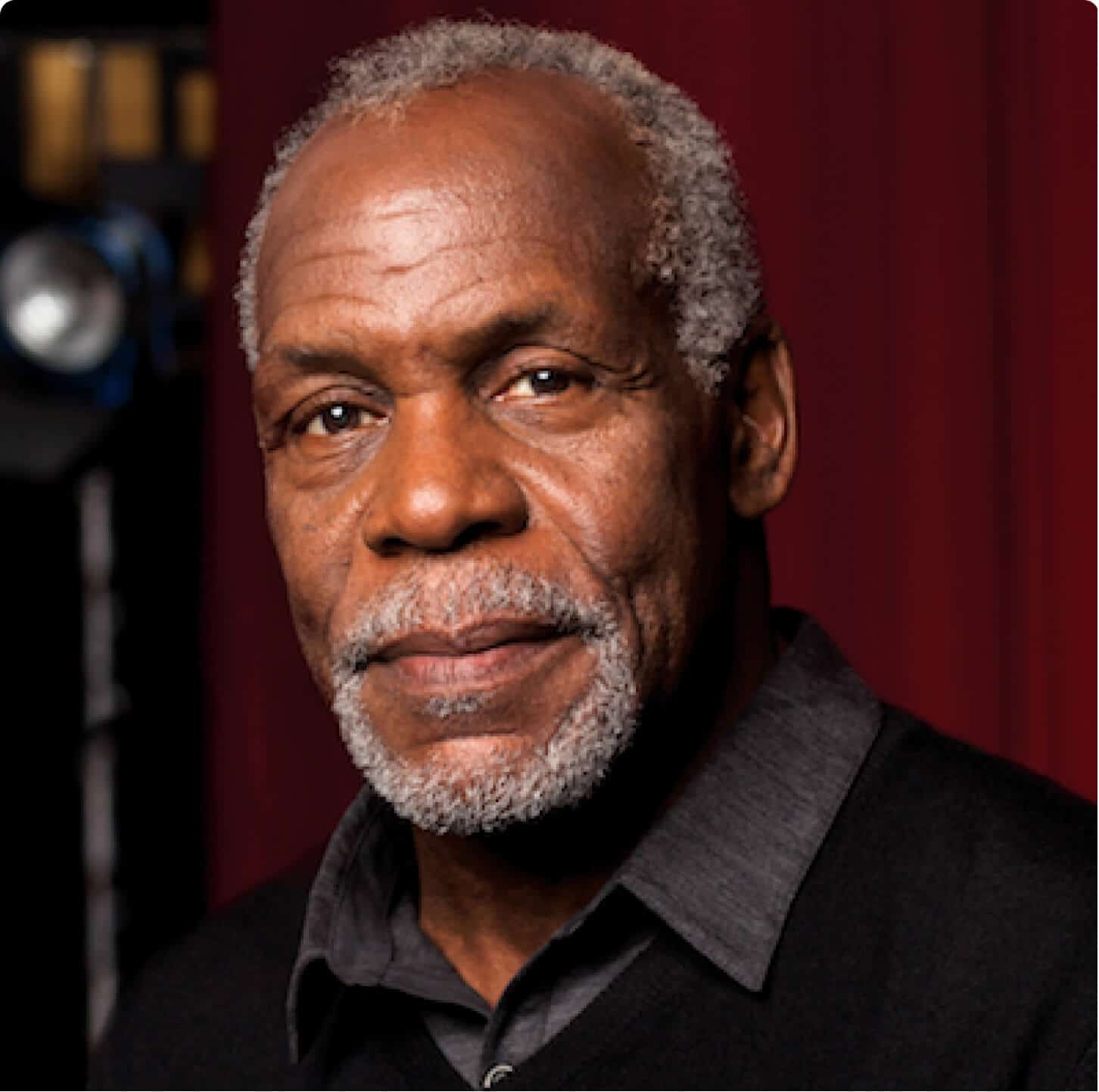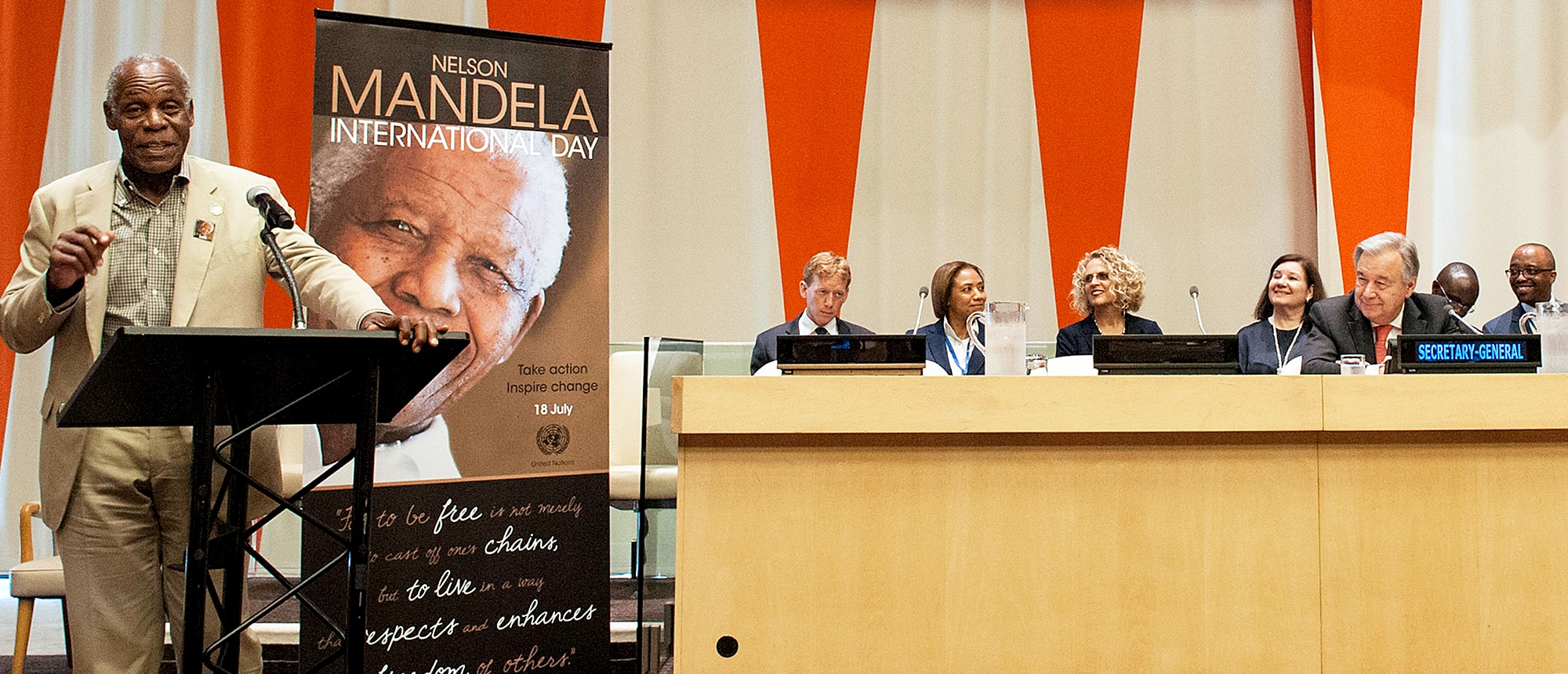Remarks On Nelson Mandela Day 2017
To the Secretary General of the United Nations, the President of the United Nations 71st Session– this Saturday happens to be my 71st birthday so we have something in common here – and to all distinguished ambassadors, guests and those who represent the voices of your respective countries, thank you for having me. It is my honor to address this gathering to commemorate Nelson Mandela’s legacy.
Mandela shines as a beacon of humanity triumphing over inhumanity through the force of his love for all people; what many ethnic groups across southern Africa call “Ubuntu.” As an exemplar of “Ubuntu,” Nelson Mandela called on us all to rethink our relationship to personal fulfilment. When we improve ourselves, we must do so in ways that elevate those around us at all levels. We should remember him first and foremost as a leader, our leader, and follow his example. In our time together, I would like for us to recommit ourselves to Mandela’s example as we face new challenges.
Nelson Rolihlahla Mandela was born in 1918 at the end of World War I and had become a leader within the African National Congress’s youth league by the end of another war, World War II. From birth to leadership. Today, as we are all well aware of, we are facing the worst global refugee crisis since World War II. Furthermore, despite some valiant efforts, climate change and global warming continues to worsen and effects those who are most vulnerable. We must brace ourselves for the potential convergence of these two challenges as we could see an even larger refugee crisis spurred on by environmental calamities. As the industrialized nations of the world continue to amass unprecedented wealth, the onus is on them to rethink their relationship to capital and to all of humanity; to devise ways of lifting others as they lift themselves.
To assist us in channeling Mandela’s spirit, I find it helpful to contextualize his legacy with two very different frames. In his 1967 masterpiece “Where Do We Go From Here: Chaos or Community?”, Dr. Martin Luther King, Jr. encourages us toward unity, hope, and optimism to overcome challenges that can only be solved through peaceful collective action. To form new communities that elevate – rather than segregate – through true democracy. In the early 1990s, political scientist Francis Fukuyama argued that the evolution of human governmental models and history itself ended with liberal democracy and that liberal democracy itself had reached the end of its own evolutionary process. For Fukuyama, the answer to Dr. King’s questions was essentially “chaos” as human events would continue to occur without elevating our capacity to form and maintain new institutions.
We must offer a hopeful rebuttal to the nihilism of Fukuyama’s argument through the Ubuntu Mandela exemplified. Mandela led us on a path of justice, democracy, and equity by transforming his righteous indignation into an activist movement with a pragmatic agenda. In the process, he showed the world that nonviolent resistance, when combined with sustained activism, is the key to transforming a potential dead end into a new beginning.
The UN has proclaimed this the International Decade of People of African Descent. As we honor Nelson Mandela’s legacy today, we must also honor the legacy of African philosophy; of Ubuntu – the love of humanity itself – as a transformational model of political philosophy. Through Ubuntu, Nelson Mandela did the impossible; transforming his former jailers into friends and legitimizing the Truth & Reconciliation process. Mandela demonstrated that Ubuntu can save democracy and inspire the kinds of communities that can protect us from chaos.
Contemplating the current political moment requires contemplation of the human spirit. We must look toward Mandela’s legacy not merely as admirers, but has inspired practitioners of his art form. Ultimately, it is not so much the personal spirit of Nelson Mandela that we commemorate today, but rather the excellence with which he embodied the spirit of Ubuntu. Thank you.

